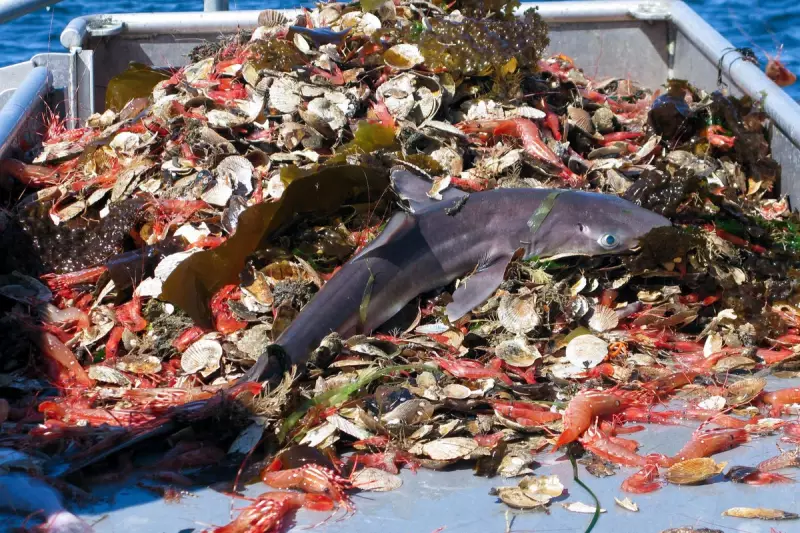
In an extraordinary breakthrough for marine science, a previously unknown species of shark has been identified in the waters surrounding the United Kingdom. The remarkable discovery of the Sailback Houndshark (Gogolia filewoodi) has sent waves through the scientific community, challenging previous assumptions about the diversity of elasmobranchs in British seas.
A Truly Unique Predator
What sets this shark apart is its spectacular and unique dorsal fin, which resembles the sail of a classic yacht. This prominent feature, far larger and more distinct than in any other known houndshark species, suggests a fascinating evolutionary path. The discovery was made not through a fresh catch, but by re-examining a single specimen that had been stored for decades at the Natural History Museum in London, a classic case of a hidden treasure waiting to be found.
The Museum Mystery Solved
The story of this discovery is almost as intriguing as the shark itself. The sole known specimen was collected over a decade ago and had been preserved in the museum's vast collection, mistakenly identified as a common species. It was only through meticulous research and modern taxonomic analysis that researchers realised they were looking at something entirely new to science.
Implications for UK Marine Conservation
The identification of the Sailback Houndshark has significant implications for marine conservation efforts around the British Isles. Its presence indicates that the UK's ecosystems are far more diverse and less understood than previously thought. This finding underscores the critical importance of continued oceanographic research and the protection of marine habitats, as we may yet discover more unknown species lurking in the deep.
This rare find serves as a powerful reminder of the ocean's endless capacity for surprise and the vital role that museum collections play in preserving and understanding our natural world.





